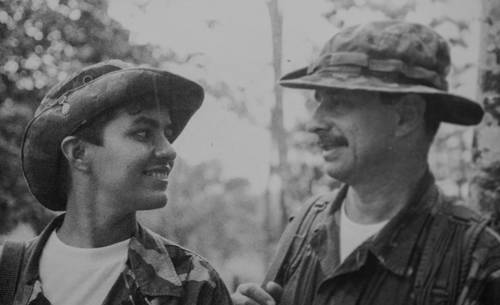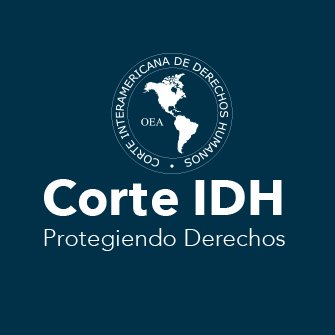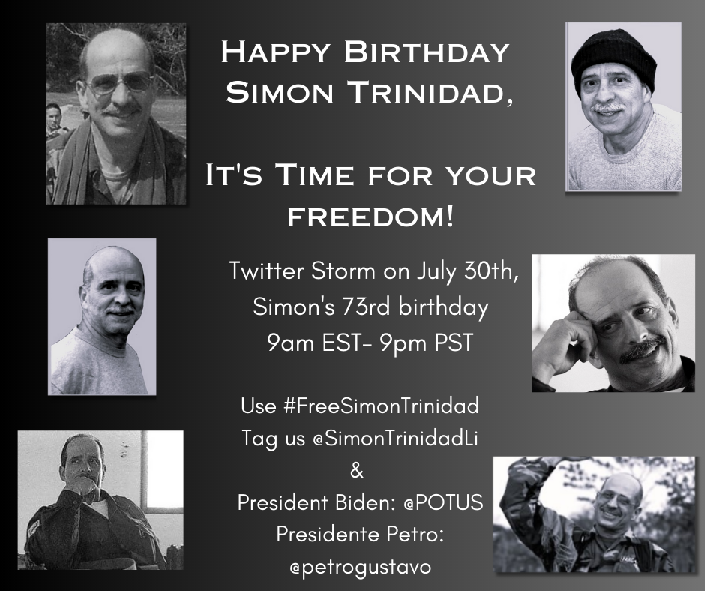Sentenced to 60 years in prison in the US, his defense seeks that he be submitted to the Special Jurisdiction for Peace in the South American nation
El destino del ex guerrillero Simón Trinidad está entre Biden y Petro
July 1, 2023: In US prisons there are only 45 inmates under the strictest maximum security system. They are in the penitentiary in Florence, Colorado, called El Alcatraz of the Rockies. They are prisoners classified by the FBI as capable of maximum violence and whose escape would pose a risk to national security. Among these are serial killers, kingpins like Joaquín El Chapo Guzmán, some Guantánamo prisoners whom Washington blames for planning 9/11. And a former Colombian guerrilla, Ricardo Palmera, better known by his FARC name, Simón Trinidad.
Far from being considered a terrorist, for which he was sentenced to 60 years, his defense lawyer Mark Burton defines him as "a symbol of peace," because he was arrested in Quito (2004) when he was on a humanitarian mission for a hostage exchange and prisoners and "a victim of Plan Colombia, because for Washington and Álvaro Uribe he was a war trophy."
After a lengthy legal battle, Burton recently managed to have his case in Colombia reopened. His first victory since he was extradited to the United States in 2005.
In his opinion, Trinidad did not get a fair trial in Washington. "The whole case against him is a fabrication," he maintains. "The judge handed down a 60-year sentence. It's practically life in prison. He was born in 1950. He will be 73 years old in June. He would be released from prison in 2068," says Mark Burton.
Since he assumed the defense of the Colombian, this criminal specialist specialized in human rights has tried to have Trinidad submitted to the Special Jurisdiction for Peace (JEP) of his country. And finally he did.
This is how he explains this progress in an interview with La Jornada: "Through a lawsuit that was filed in the United States, Trinidad recently won the right to consult about its case before the JEP and respond to that court. We, as defense, went to Bogotá, and this jurisdiction agreed to open a hearing."
The president of the JEP, Roberto Vidal López, confirms it: "Simón Trinidad is already part of the jurisdiction because he is part of the macro-case of kidnappings by the FARC as appearing party. The competent magistrates are deciding whether or not to call him to give testimony. The challenge in this case is the sentences before the US courts. We have very respectful relations with the justice system of that country. And right now the Department of Justice and the judges are the ones who have that decision in their hands."
When asked if Trinidad could take advantage of the restorative justice benefits of the JEP model, Vidal López replied: "If it were in the hypothesis of having made a substantial contribution to the truth, if it acknowledges its responsibility, if it meets all the jurisdiction conditions, he would also be in a position to receive all the benefits of this justice."
"The opportunity was recently reopened and he refiled the lawsuit, alleging that the refusal to give him access to a Colombian lawyer violated his rights. And this time he won and the response was positive," adds Burton.
-Will he be transferred to Colombia for his hearing before the JEP?
"There are three possibilities: one is that it is done by videoconference from the prison. In other broadcasts they have forced the former FARC leader to appear dressed in the orange uniform of the prisoners, with his feet and hands chained. The judges of Colombia believe that this is neither adequate nor dignified; they are asking for that modality be changed.
"It is also a brutal contrast to the concessions made to paramilitary chief Salvatore Mancuso, who ordered dozens of massacres and thousands of assassinations. He appeared before the JEP for four days by videoconference from the United States, not even in a penitentiary, but in a migration center, in civilian clothes, without any restrictions, very much to his heart's content.
"We have also discussed the possibility of the JEP going to Florence and holding the hearing there. And the third is that Trinidad can be extradited to Colombia. The law does contemplate this possibility. But this can be complicated because the US authorities have to agree too. That would be the best."
– What will be the argument of the defense before the Colombian justice that 19 years ago granted his extradition and handed him over to the United States?
"In this future hearing, which has not yet materialized, Trinidad will claim his status as a victim during the process of annihilation of the Patriotic Union (80s). As a defense we already presented that claim. He is, in effect, a victim: he had to flee from his house, go to the mountains for his protection. He received death threats several times. Almost all of his companions were killed. His wife at that time and his son had to leave the country."
The iron Man
– What significance does this step have in his legal situation?
"It is very important because he is a symbol of peace. In the days of Caguan (the space for negotiation that was established in that demilitarized zone between 2000 and 2002) he was well known to the press and diplomats for his efforts to reach agreements. His contributions were important to understand what was happening. And for the present too. Society needs to listen to understand and not repeat mistakes, to overcome the war.
"If one contributes the truth to the JEP, according to its principles, the appearing parties rejoin Colombian society. The problem is that, being in Colorado, the sentence handed down in the United States blocks his reincorporation.
"Simón Trinidad was sentenced for having been part of the conspiracy of the FARC secretariat in the kidnapping of three US contractors (Tom Hawes, Marc Goncalves and Keith Stensell), who were carrying out overflights in the conflict zones. Their plane was shot down by guerrillas and they were in captivity between 2003 and 2008. In the trial it could not be proven that Trinidad participated in the operation or that he was involved."
– How is this knot unraveled in US justice?
"This is more of a political problem. In the United States, the president has the legal power to reduce the sentence of a prisoner, he can pardon him, or there can be an agreement to pass his sentence in Colombia. The decision is in the hands of the two governments. Colombia needs to want this to happen.
There is will. Petro wants total peace. And the case of Trinidad is important to achieve this. What we do know is that Biden and Petro get along personally. Although I don't know anything about what the will of the US government might be."
–How is the life of Simón Trinidad currently?
"Since he arrived at the AMX in Florence in March 2005 until 2016 he was in total isolation 23 hours a day and only went out to exercise for a while. From 2016 to date, the only change is that he has contact with three prisoners a day for about two hours and the right to three family visits. His health is very good. He is very strong and creative. He is thinking about the future all the time, about his country, about defending it. He has resisted better than many. That prison is characterized a lot by suicide problems, mental illnesses. But he, in addition to being very intelligent, has a great ability to stay focused. It is not for nothing that they call him the Iron Man " (title of the book written about this fighter by the Colombian journalist Jorge Enrique Botero).



